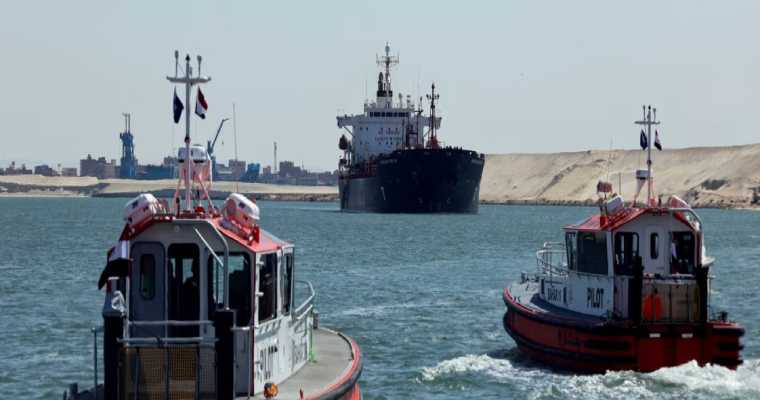At Centersource Technologies AB we are committed to the highest standards of ethical research and data integrity, guided by the ESOMAR Code of Conduct. Our data is sourced from a limited, anonymous market survey conducted with trusted and established industry participants. The insights derived from this survey reflect aggregated finalized prices as well as observed prices reported within the participants respective markets, with a focus on the highest prices recorded during the first two weeks of each month. These insights are provided for informational purposes only and are intended to indicate market trends rather than serve as comprehensive or fully representative market data.
In adherence to ESOMAR's principles, we ensure that all data collection and analysis are conducted with transparency, respect for confidentiality, and strict compliance with ethical guidelines:
- Data Sourcing and Methodology:
We exclusively use data from government, customs, or government-affiliated websites to maintain reliability and public integrity. In addition, we engage directly with industry experts to gather real-time, firsthand information. Each data point is collected, verified, and aggregated following established ethical standards, ensuring that our research processes meet the rigor recommended by ESOMAR. - Transparency and Accuracy:
All data are published promptly as they become available from the source, ensuring that our insights remain current and reflective of on-ground market dynamics. We actively seek and incorporate regular feedback from industry experts, which allows us to make real-time adjustments and continuously improve the accuracy and reliability of our data. - Ethical Data Usage and Third-Party Material:
Our adherence to the ESOMAR Code of Conduct underscores our commitment to ethical research practices. We maintain strict controls over data sharing and usage; copying or distributing our data is prohibited under our company policy. Furthermore, all necessary agreements are in place for any third-party material used, ensuring full compliance with copyright laws and industry best practices. - Limitation of Liability:
While we strive to provide high-quality, timely market insights, the data is derived from a limited sample and should be interpreted within that context. We are not liable for any damages arising from the use of this data, as it is provided solely for informational purposes and as a directional indicator of market trends.
By integrating ESOMAR's ethical guidelines into our research methodology, we ensure that our practices are transparent, respectful of data confidentiality, and aligned with internationally recognized standards. This commitment not only reinforces the credibility of our insights but also builds trust with our stakeholders and industry partners.

Egypt denies America’s demand for free passage through Suez Canal
Posted on April 30, 2025 |
Egypt strongly rejected Trump’s proposal to allow U.S. ships free passage through the Suez Canal.
The proposal was made in a phone call with President Abdel-Fattah Al-Sisi as a suggested "contribution" to U.S. efforts against Houthi attacks.
Egypt cited its legal right to charge tolls under the 1888 Constantinople Convention, which governs navigation through the canal.
The Convention allows Egypt to levy fees and restrict passage only to vessels from countries at war with it.
Egypt emphasized that foreign pressure on canal policy violates international law and national sovereignty.
The Suez Canal, built between 1859 and 1869, was nationalized by Egypt in 1956, ending colonial control.
Typically, 10% of global maritime trade flows through the canal, but Houthi attacks have halved ship traffic.
As a result, Suez Canal revenue fell by 61% in 2024, dropping from $10.2 billion to $3.9 billion.
Egypt lost nearly $7 billion due to the security crisis, which continues to impact global shipping lanes.